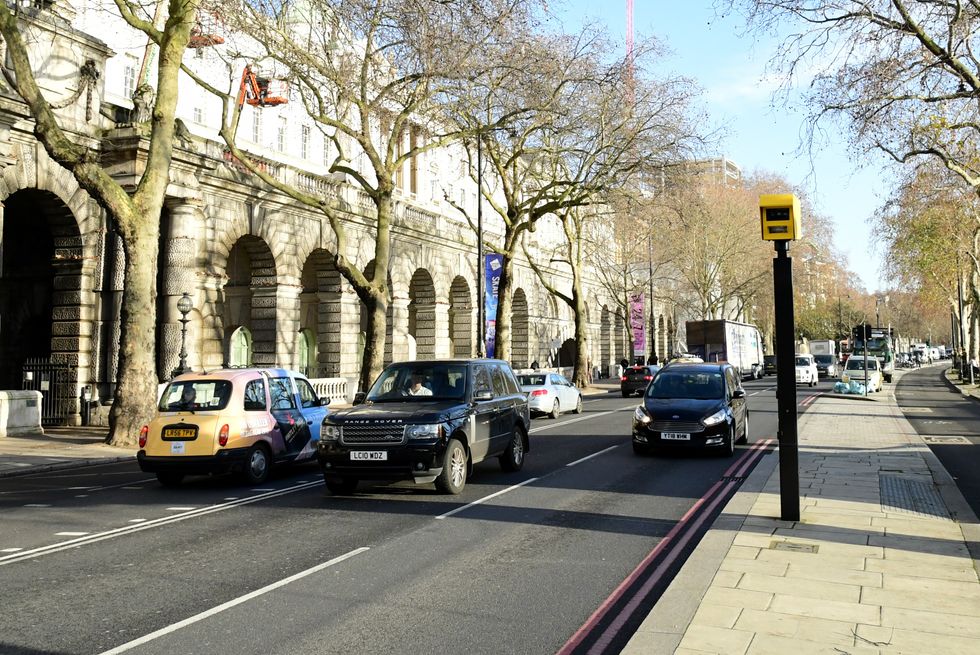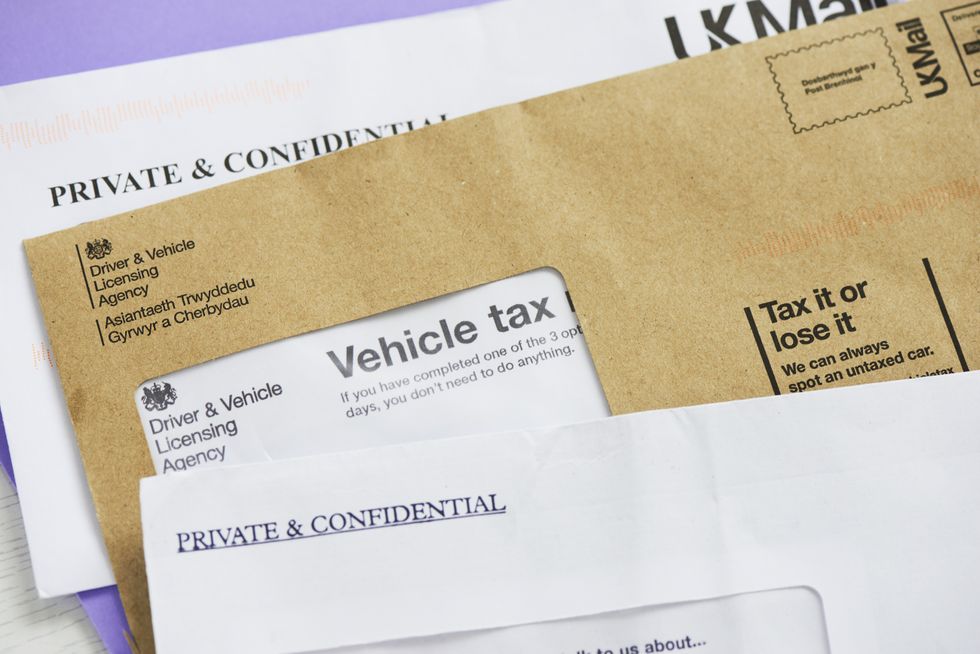Hemma Visavadia
Guest Reporter

Pay-per-mile taxes could offer motorists a new level of control over their road expenses, according to experts who have called for a "fairer" system to be introduced.
This proposed scheme would tie costs directly to distance travelled, unlike the current Vehicle Excise Duty which charges more to polluting vehicles.
The call for new tax measures comes despite HM Treasury ruling out the introduction of the system at last week's Budget.
But experts have argued that for drivers covering fewer miles, it could mean significant savings. However, rural residents and long-distance commuters might face higher costs.
Do you have a story you'd like to share? Get in touch by emailing [email protected]

The Department for Transport reported that the average UK motorist drives around 7,500 miles annually. Under a pay-per-mile system, those driving less could save hundreds of pounds each year.
This shift towards usage-based taxation aligns with the UK's move towards more sustainable transport models. It could also encourage more mindful driving habits, potentially reducing unnecessary trips and lowering emissions.
However, the Chancellor Rachel Reeves has recently confirmed that no road pricing changes will be introduced in the near future, despite previous speculation about its implementation to address Government funding shortfalls.
Lorna Macpherson, motor finance expert at Ocean Finance said: "Pay-per-mile could give drivers a new level of control over their expenses.”
She added: “If you only drive occasionally, it doesn't make sense to pay the same as someone who's on the road every day. The pay-per-mile model would aim to be a fairer system by making sure drivers only pay for what they use.
"This shift could encourage more mindful driving habits; if drivers are more aware of how each mile affects their costs, they may start rethinking unnecessary trips and car journeys. This could lead to fewer cars on the road, which would help reduce congestion and lower emissions."
However, she noted that drivers with heavy mileage “might mean their road tax bills grow each year". The need for a new tax measure comes after the Chancellor increased rates for cars with CO2 emissions of between one and 50 grams per kilometre and 51-75g/km, including hybrid vehicles, to bring them closer to higher emitting cars.
Cars in the bands for CO2 emissions of 76-90g/km and above will pay double the equivalent rates from 2024 to 2025 and will come into effect from April 1, 2025.
The impact of pay-per-mile taxes could vary significantly for different types of drivers. Electric vehicle owners for example, who are currently exempt from road tax, could face new costs when this exemption ends in March 2025. Low-mileage EV drivers might still benefit from pay-per-mile taxation compared to a flat rate.
However, high-mileage EV owners could see a substantial increase in annual expenses. The average UK household spends about £3,500 yearly on vehicle-related costs, equating to 10 per cent of household income.
Despite these considerations, the Government has stated it has "no plans to introduce road pricing". This stance was reinforced when Reeves did not mention road pricing changes in her recent Autumn Statement.
Nevertheless, some organisations have continued to highlight potential benefits. Policy Exchange suggested that pay-per-mile taxes could save the Government billions while reducing costs for many drivers.
LATEST DEVELOPMENTS:
- Driving law changes may see Britons forced to take 'mandatory training' to crack down on licence points
- Major car tax changes launching within months will include DVLA update as drivers face £5,490 bill
- Calls grow for older motorists to take 'driving assessments' after 'disappointing' Budget omission

While pay-per-mile taxes could offer benefits, challenges remain. The system's implementation would require careful consideration to ensure fairness across diverse driving needs. But as the UK transitions towards more sustainable transport, the debate around fair and efficient road taxation is likely to continue.
The experts flagged how any future changes to road taxation will need to balance environmental goals, fairness, and the diverse needs of UK motorists.
Find Out More...